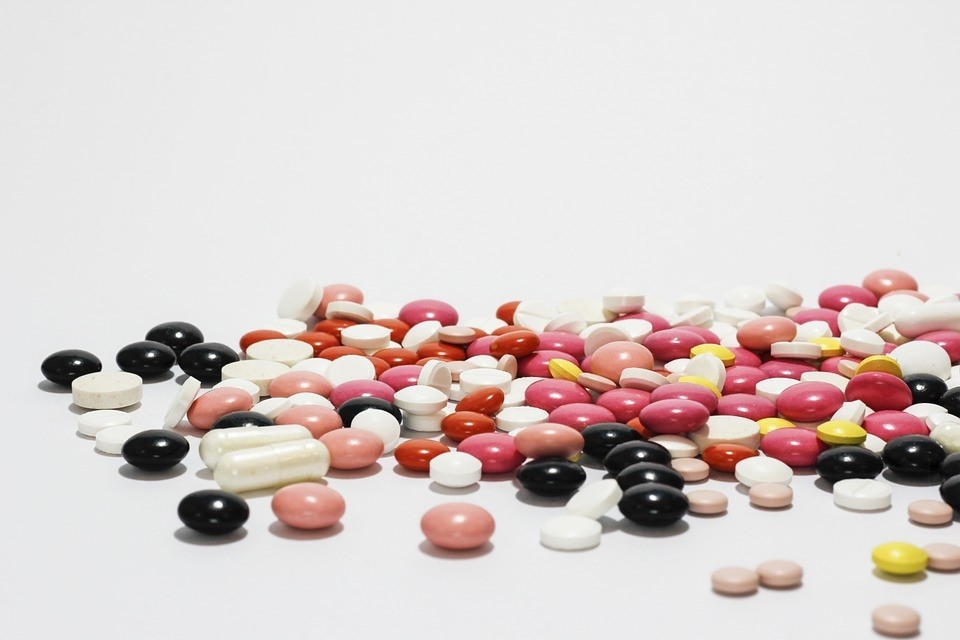As a clinician educator and classroom teacher, I'm fortunate to work with my pharmacy students at both ends of the educational spectrum – the didactic and the experiential years in training. In clinic, I often get frustrated at my student's inability to remember the in-depth pharmacotherapy or pharmacology of a drug that I know for sure I taught them. Didn't they study that material? Didn't it become burned in their memory because Dr. Sando told them how it important it was to remember?
As I talked with my students, I realized that the sheer amount of information we throw at them makes it challenging to commit these important points to memory and utilize them when it counts in clinic. The terms "binge and purge" or "test and dump" were often used by students to describe the pharmacy curriculum. They likened it to "trying to take a sip from a fire hose." As survivors of various clinical curricula, I'm sure we HMI grads can relate to these analogies!
I came to Boston with the task of creating two new courses in the first professional year of the Pharm.D. curriculum. Our entire curriculum was undergoing revision and the courses I was tasked with, Professional Practice Skills Lab I and II, were to emphasize foundational skills and knowledge of pharmacy practice including patient interviewing, clinical documentation, and learning the Top 200 drugs (a list of the most commonly prescribed medications in the United States). I arrived in Boston looking for inspiration of how to approach this curriculum and to learn how I could prevent the binge and purge phenomenon in our students. During my Macy experience, I connected with the concept of spaced education, introduced by Dr. B. Price Kerfoot.
In returning home from Macy, I pursued a project to implement spaced education to improve my student's knowledge and retention of the Top 200 drugs. In the pharmacy education literature, several approaches have been attempted to improve student knowledge of this material, but most highlight that knowledge of the Top 200 drug fades after conclusion of the course or educational intervention.Spaced education along with repeated testing of the information, or "spaced repetition" seemed a natural fit for the goal of improving student retention of Top 200 drug information given its strong evidence base for increasing knowledge retention.
In the fall of 2015, I implemented the use of a QStream challenge which delivered multiple choice or multiple answer questions on Top 200 drugs in spaced intervals (2 questions every 2 to 3 days) over the course of the semester. The project is continuing this spring and so far the results have been promising.A survey administered to participants after the fall challenge showed significant gains in self-efficacy for each learning objective associated with the Top 200 drugs. A majority of students (63%) agreed or strongly agreed that they preferred use of QStream to other study methods for this information and 83% agreed or strongly agreed they would like to participate in QStream challenges in other courses. Student open-response comments to the survey revealed 5 distinct themes which student's enjoyed about QStream: the question format, the ability to get immediate feedback on their responses, the competition aspect, that it was fun to do, and that it prompted them to study. I've even had students stop me in the hall or in class to tell me how much fun they have had while using QStream to study the Top 200 drugs! Students will be tested again at the end of the spring semester to evaluate long-term retention of the Top 200 drugs included in the fall QStream challenge. Performance on these exam questions will be compared between QStream users and non-users to determine if long-term retention improved in those using QStream.
As a result of my Macy experience and the inspiration I gained, I was able to implement an educational innovation that has been well-received by my students and generated interest amongst our faculty for the way we approach our curriculum. I was fortunate enough to be awarded as the 2015-2016 Teacher of the Year at my institution and I feel that the Macy experience is a big part of that. The time I spent in Boston and the people I met have inspired me to challenge the status quo of how we educate so "binging and purging" is a thing of the past.
Karen Sando
Dr. Karen Sando is a Clinical Assistant Professor at the University of Florida College of Pharmacy. Her clinical practice focuses in chronic disease statement management in ambulatory care with specialization in diabetes management. She serves as the Teaching Partnership Leader for Professional Practice Skills Lab I and II, a new required course for 1st year pharmacy students in which they learn foundational skills of pharmacy practice including patient interviewing, clinical documentation, and patient assessment. Karen participated in the Systems Approach to Assessment Course in 2014 and the Program for Educators in Health Professions in 2015. When not in class or in clinic, Karen enjoys traveling, kickboxing, cooking, or hanging out at home with her cat Ally.

